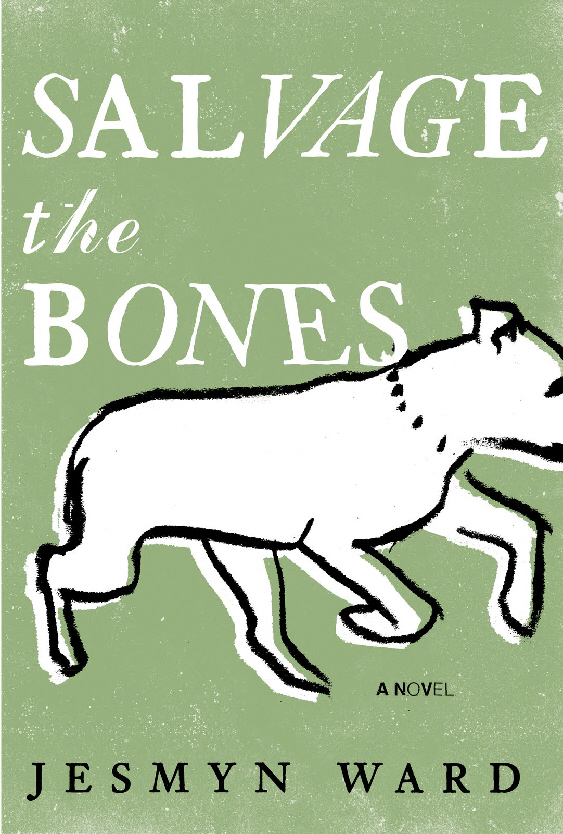

Everything here is gritty, loamy and alive, as though the very soil were animated. Precocious, passionate and sensitive, she speaks almost entirely in phrases soaked in her family’s raw land. The force that pushes back against Katrina’s inexorable winds is the voice of Ward’s narrator, a 14-year-old girl named Esch, the only daughter among four siblings. Without a hint of pretension, in the simple lives of these poor people living among chickens and abandoned cars, she evokes the tenacious love and desperation of classical tragedy. What makes the novel so powerful, though, is the way Ward winds private passions with that menace gathering force out in the Gulf of Mexico. On one level, “Salvage the Bones” is a simple story about a poor black family that’s about to be trashed by one of the most deadly hurricanes in U.S. But Ward is working on a more elemental level - no mystical sympathies between long-separated people, no kaleidoscopic impressions of the mentally impaired. The way that approaching storm compresses this story about devoted siblings recalls Jayne Anne Phillips’s “ Lark and Termite,” which in 2009 was also a finalist for the National Book Award. This trim, fiercely poetic novel takes place in the fictional town of Bois Sauvage, Miss., in the 10 days leading up to Hurricane Katrina.

I’ve just read another one of the so-called obscure finalists, “ Salvage the Bones,” the second book from Alabama writer Jesmyn Ward, and it’ll be a long time before its magic wears off. In the end, what’s any good reader really hoping for? That spark.


Denying that he and his fellow judges had ignored popular novels in hopes of making the public “eat their spinach,” he said, “These five books worked some special kind of magic on us. Partly, I was annoyed that novels I’ve adored this year (“ Doc,” “ State of Wonder”) didn’t make the cut, and partly I was operating under the time-tested prejudice that books I’ve read are always better than books I haven’t read.īut one of the judges, a writer named Victor LaValle, whose critical opinions I admire, fired off a refreshingly assertive retort to people like me in Publishers Weekly. When the finalists for the National Book Award in Fiction were announced last month, I’m embarrassed to admit that I was among those critics grumbling about the obscurity of some of the authors ( Andrew Krivak?), even some of the publishers (Lookout Books?).


 0 kommentar(er)
0 kommentar(er)
